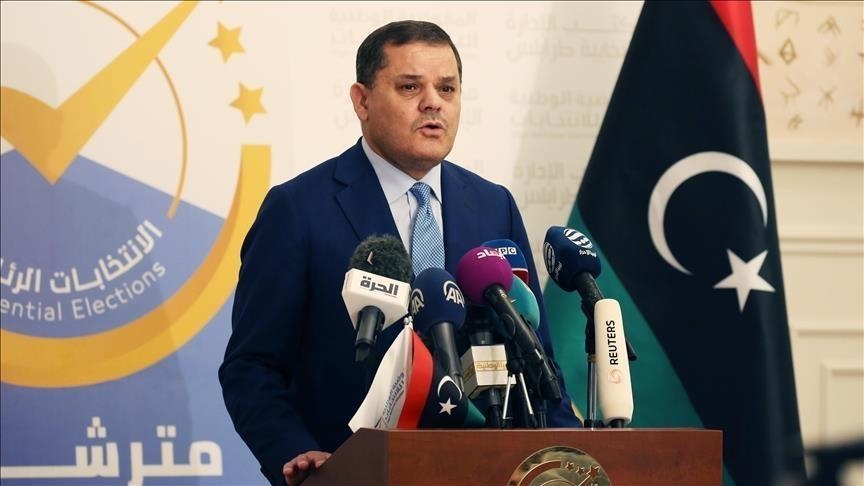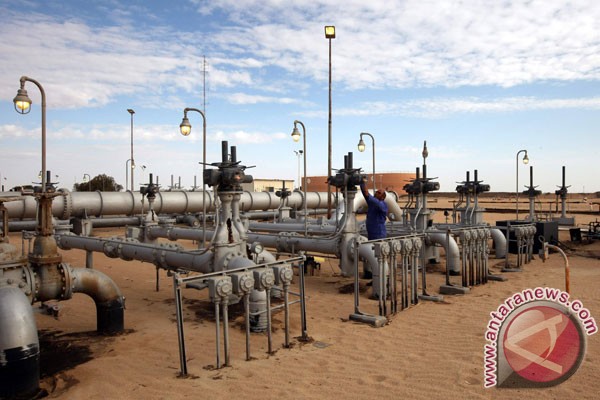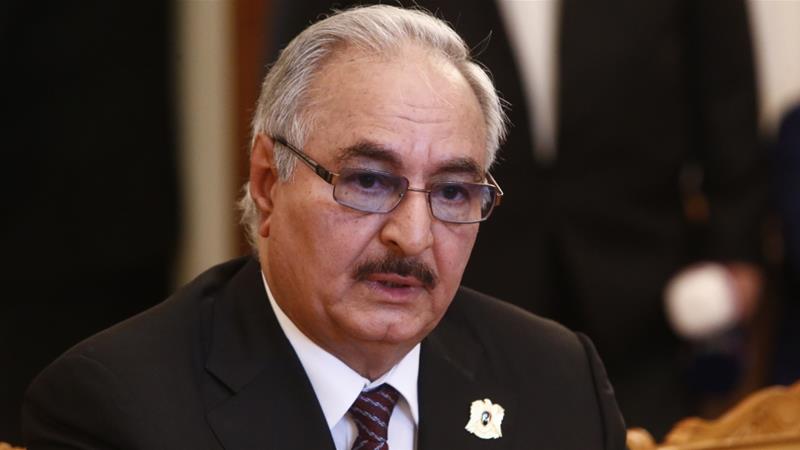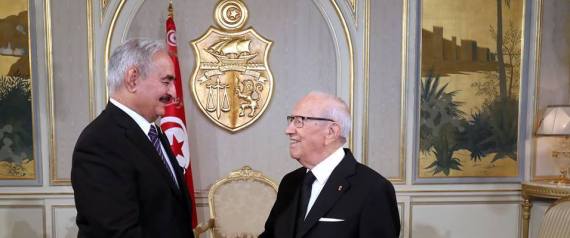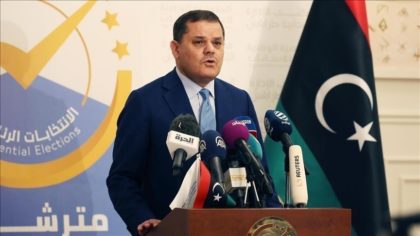 Libya’s interim Prime Minister Abdelhamid Dbeibah chaired a government council meeting on Thursday to mark his official return to office, after taking time off to run in the aborted presidential election.
Libya’s interim Prime Minister Abdelhamid Dbeibah chaired a government council meeting on Thursday to mark his official return to office, after taking time off to run in the aborted presidential election.
The political situation is “critical,” Dbeibah said, as Libya has failed to hold a presidential election scheduled for Dec. 24 – the first by a head of state with universal suffrage in Libya – long expected to be the outcome of the UN-sponsored peace process.
A parliamentary committee concluded that it was impossible to hold the election two days before it was due to take place, due to insurmountable disagreements, particularly concerning the legal basis of the election, in which several divisive candidates were to compete.
The High Electoral Commission subsequently proposed postponing the election to January 24. But the parliament did not endorse the date, leaving the election intended to bring the country out of a decade of chaos since the fall of Muammar Gaddafi’s regime in 2011 in limbo.
The transitional government based in the western city of Tripoli has been weakened by the fact that its mandate was supposed to end on December 24. The parliament, which sits in Tobruk (east), is now considering a possible government reshuffle.
Mr. Dbeibah, himself a candidate for the presidency after pledging not to run for it when he was appointed head of the interim government in February, defended his record.
“We have worked to restore security and sustain stability,” he said Thursday, urging his ministers to “prepare for a strong (economic) recovery in 2022.
The executive is also shaken by judicial cases involving two of its ministers.
On Wednesday, a preventive detention order was issued against the Minister of Culture in an investigation for “corruption”, after a similar procedure against the Minister of Education for “negligence in the performance of his duties”.
